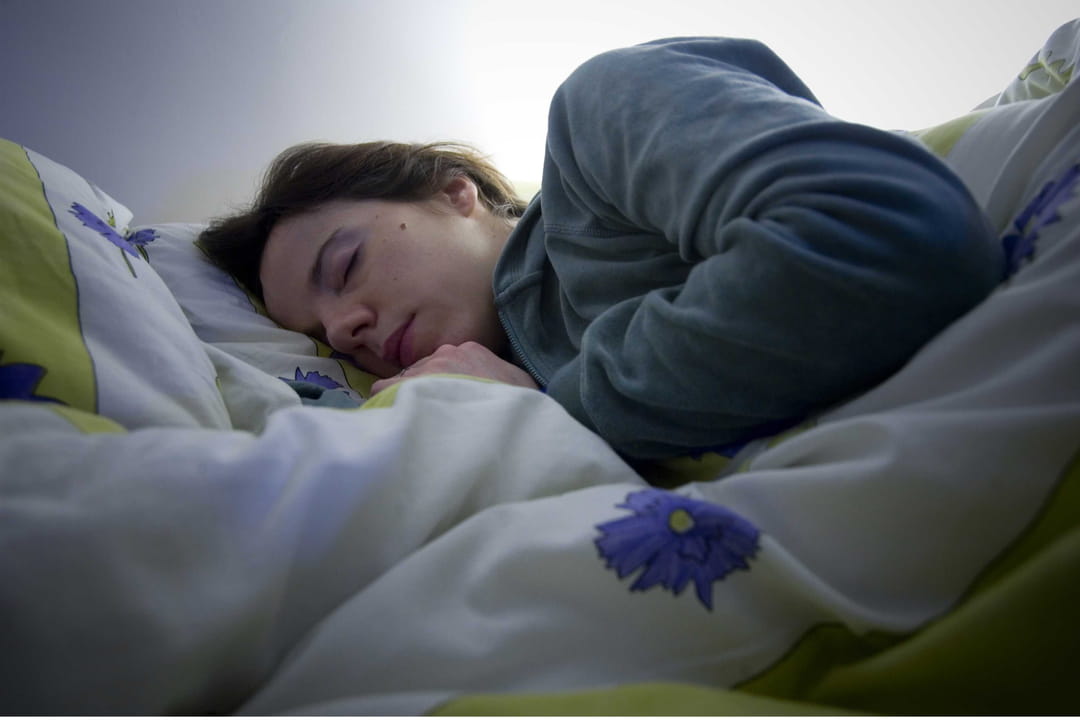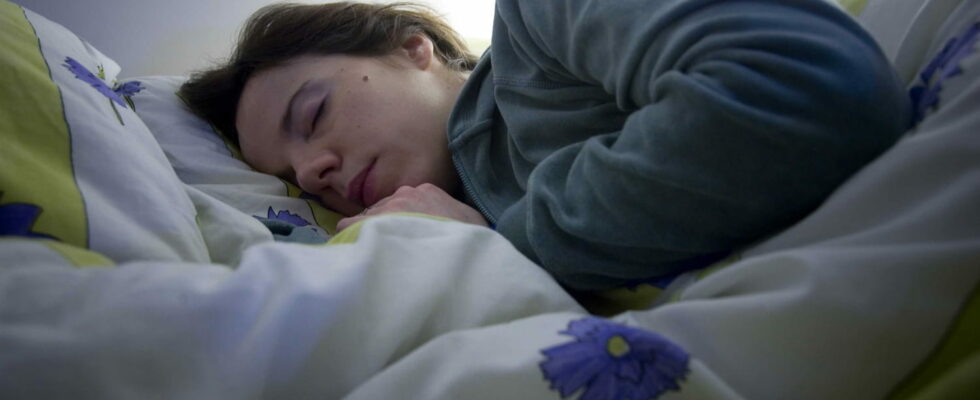Standing ! Standing ! The results of this academic work are astonishing: here is what could fuel your next conversations with your friends (who sleep too much).
There are convictions and certainties which become knowledge shared by everyone and which is never questioned. And this can concern everyday things, everyday habits, such as work, leisure, time shared with friends, time spent cooking or time spent… sleeping.
It is not always easy to determine the optimal length of a “night’s sleep”. Some see it as personal data which varies according to each person or according to age. While a few hours will be enough for some, others will live in slow motion without their eight hours of sleep. At least this is a belief that many share.

Generally speaking, it is common to understand that adults should sleep between 8 a.m. and 9 a.m., or even between 7 a.m. and 9 a.m. It is also said that for children, between 9 and 11 hours are necessary and between 8 and 10 hours per night for adolescents.
But not all of these recommendations are really founded. In 2015, researchers at the University of California Los Angeles conducted a study, published in an American magazine and relayed by the British daily The Independent, based on hunter-gatherer populations and report that their nights are as short as those of so-called “industrial” societies. And even shorter.
The researchers studied the sleep patterns of three different populations. The Hadza society located in northern Tanzania, the San in Namibia and the Tsimané people in Bolivia. These three populations from Africa and South America are all nomadic and live by hunting and gathering.
As a result, six hours of sleep would be enough for a good night’s sleep. The study reveals that the populations studied sleep an average of 6.4 hours per night. Without the slightest constraint. These results indicate habits similar to those of our pre-modern ancestors. The study therefore reveals that there is not a significant difference between the nature of sleep of so-called “primitive” populations and “industrial” ones.
She highlights this: “Sleep in these traditional human groups is more similar to what sleep is today than we think.” She also adds that “traditional societies do not sleep more than most individuals in industrial societies”, and that contrary to popular belief, the sleep rhythm of these populations does not necessarily follow the cycle of natural light, the study specifying that “the participants remained awake well after dark”. The use of fire as “artificial light” has particularly been highlighted by researchers.
Therefore, the belief that industrialized societies sleep less due to work habits and screen use is not proven. Just like the idea that a good night’s sleep is between 8 and 9 hours.
